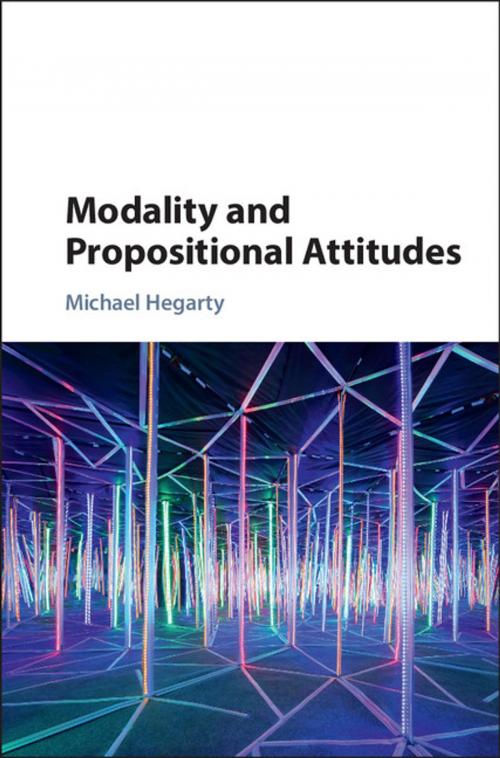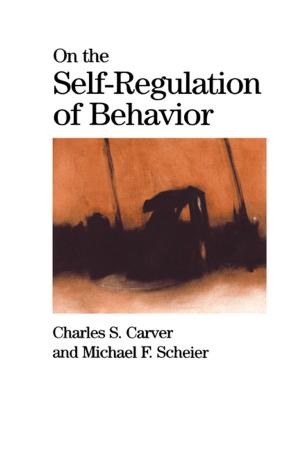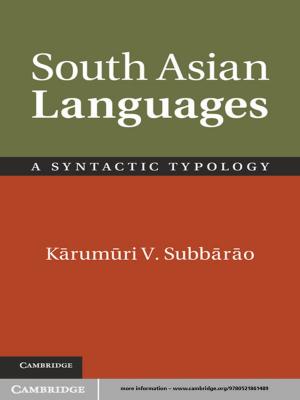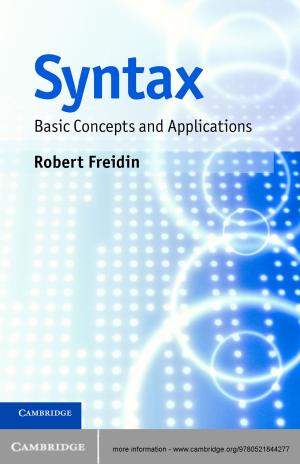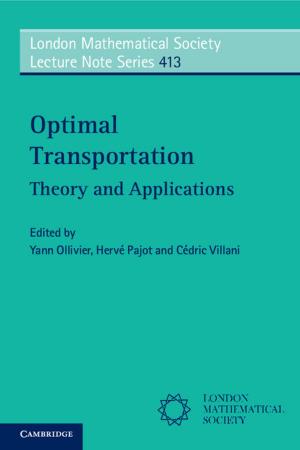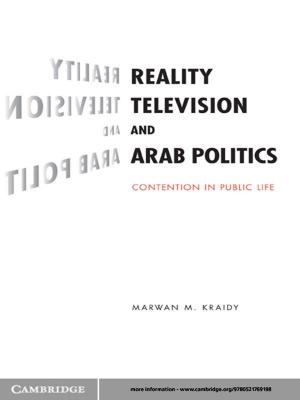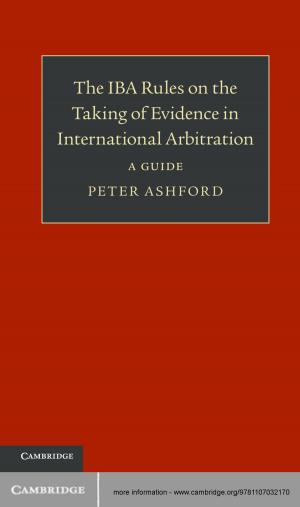Modality and Propositional Attitudes
Nonfiction, Reference & Language, Language Arts, Linguistics, Religion & Spirituality, Philosophy| Author: | Michael Hegarty | ISBN: | 9781316467039 |
| Publisher: | Cambridge University Press | Publication: | January 25, 2016 |
| Imprint: | Cambridge University Press | Language: | English |
| Author: | Michael Hegarty |
| ISBN: | 9781316467039 |
| Publisher: | Cambridge University Press |
| Publication: | January 25, 2016 |
| Imprint: | Cambridge University Press |
| Language: | English |
This book shows that the semantic analysis of modal notions of possibility and necessity can be used to enhance our understanding of the interpretation of reports of belief or emotional state. It introduces intuitive notation and terminology to express ideas in modern theories of modal interpretation that are normally represented in complex logical formulas, effectively updates the 1960s-era link between possible worlds and the semantics of propositional attitude ascriptions, and reconciles two disparate views of the role of events in semantic interpretation, that of Donald Davidson and that of David Lewis. It reduces a host of variable behaviors of propositional attitude ascription to an intuitive and precise distinction between ascriptions that merely express a commitment to propositional content versus ones that attribute a mental state to the holder of the propositional attitude. This leads to an explanation of the nature and effects of the language disorder of fluent aphasia.
This book shows that the semantic analysis of modal notions of possibility and necessity can be used to enhance our understanding of the interpretation of reports of belief or emotional state. It introduces intuitive notation and terminology to express ideas in modern theories of modal interpretation that are normally represented in complex logical formulas, effectively updates the 1960s-era link between possible worlds and the semantics of propositional attitude ascriptions, and reconciles two disparate views of the role of events in semantic interpretation, that of Donald Davidson and that of David Lewis. It reduces a host of variable behaviors of propositional attitude ascription to an intuitive and precise distinction between ascriptions that merely express a commitment to propositional content versus ones that attribute a mental state to the holder of the propositional attitude. This leads to an explanation of the nature and effects of the language disorder of fluent aphasia.
